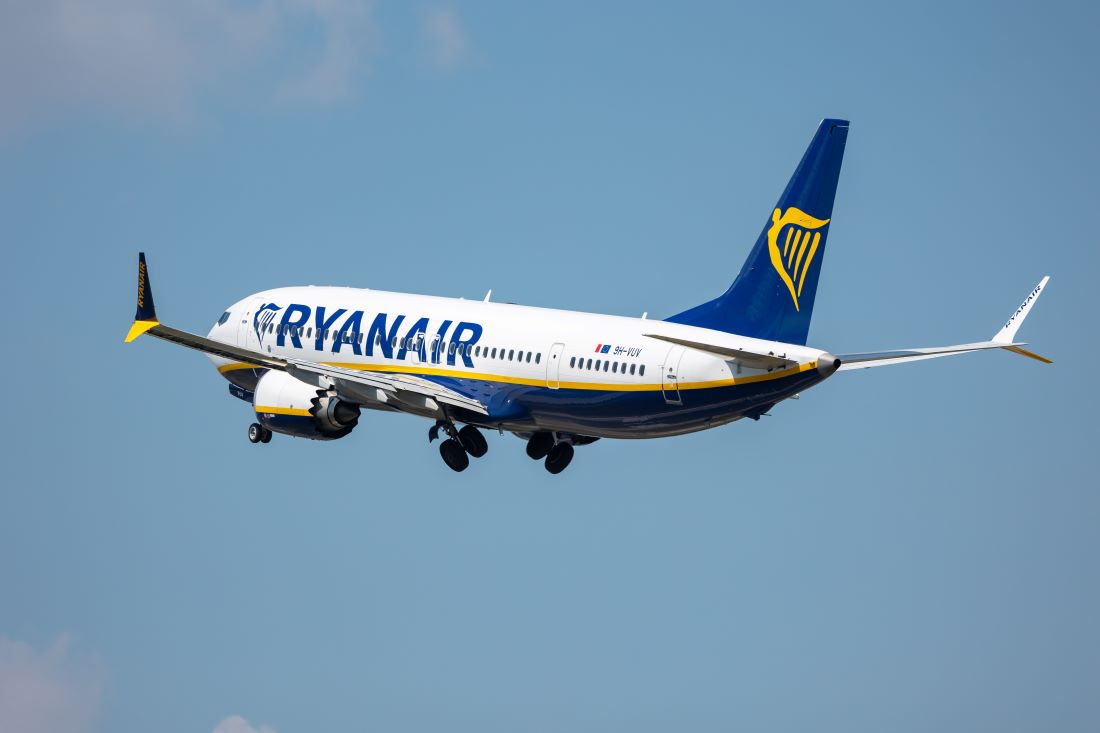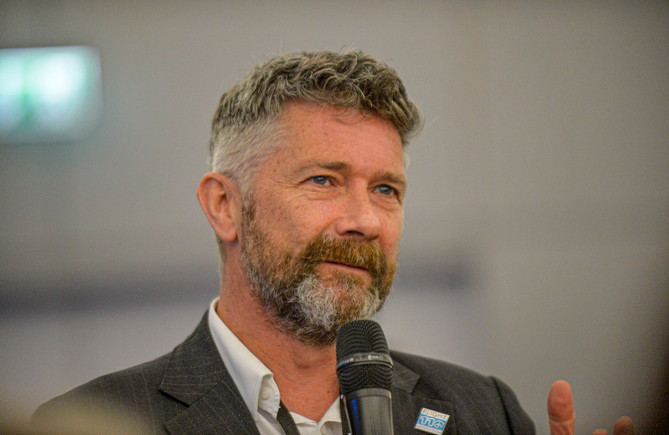Ryanair’s O’Leary far from retiring

In 2007, Ryanair’s Michael O’Leary hinted he was planning to retire in a few years as boss of the low-cost carrier he turned into a household name. A decade-and-a-half later, the rarely retiring (in that sense) businessman is still group chief executive of Ryanair Group, and this week announced he had agreed to stay at the Irish operator until at least 2028. He is already one of the industry’s longest serving leaders, having run Ryanair since 1994.
Although Ryanair has long been a publically quoted company, O’Leary’s personality, drive, and vision has been key to its success. He joined in 1988 as head of finance, and with a model based on Southwest Airlines, transformed an ailing regional airline into Europe’s leading low-cost carrier. As most of the industry went through a painful retrenchment after 9/11, O’Leary saw the disruption and availability of cheaper aircraft as an opportunity and greatly expanded Ryanair’s network.
Many would argue that Ryanair’s uniqueness has diluted over the years. There are plenty of other bullish and expanding low-cost carriers in Europe with single-type fleets, and the network airlines are much leaner and competitive on short-haul routes than they were 20 years ago. O’Leary’s outspoken remarks about politicians, regulators, airports and competitors have even lost some of the shock value they had in the past.
However, the Dublin-based carrier remains a force, quick to add capacity after a crisis and compete aggressively for market share on many of the holiday and more obscure visiting-family-and-friends routes in which it specialises. Just as after the chaos of September 2001, the airline was quick out of the traps as travel restrictions lifted after the pandemic. In October, it flew almost two million more passengers than it did in 2019.
When airlines stopped flying passengers for much of 2020 and 2021, cargo was king, with carriers performing a vital role transporting personal protective equipment and later vaccines, as well as the e-commerce goods consumers turned to with conventional retail outlets shut. The fact that there was more demand than capacity led to leasing and maintenance firms launching a flurry of programmes to convert passenger airliners into freighters.
Has the bubble burst? IATA is predicting a 4% drop in air cargo volumes next year, with yields and revenues also weakening. This is down to a fragile global economy, and comes as deliveries of new and converted freighters – many ordered during the pandemic – are increasing, further adding to capacity. However, IATA points out that the airline cargo revenues it predicts for next year will still be around 50% higher than pre-Covid levels. E-commerce remains a growing trend.
Two airlines whose survival looked in doubt in the pandemic have been upbeat this week. For Virgin Atlantic, Covid-19 floored a long-haul model dependent on business and high-end leisure travelers. Unlike rival British Airways, it received no state aid and had no domestic business to fall back on. However, its recovery has been strong and chief executive Shai Weiss says that, although he is bracing for a “subdued” 2023, he is not yet seeing any effect on forward bookings.
For two years, Wellington’s policy of locking down the country from contact with the outside world, threatened flag-carrier Air New Zealand’s existence. Although the airline could still operate domestically, most international flights were grounded. However, ANZ has now raised its half-year profit forecast on the back of continued strong travel demand, as New Zealanders rush to travel abroad and inward tourism surges.
welcome aboard the new airside
We took our community to the next level with an elevated look, innovative features, and new tools.



